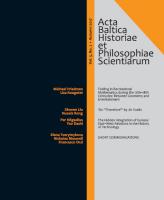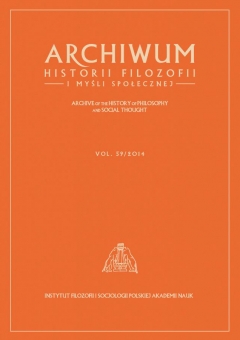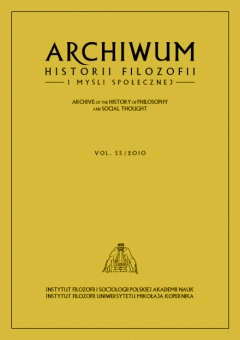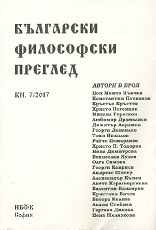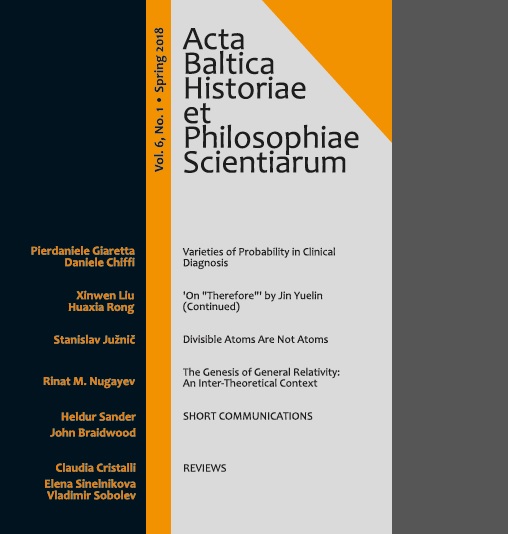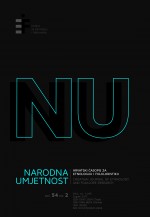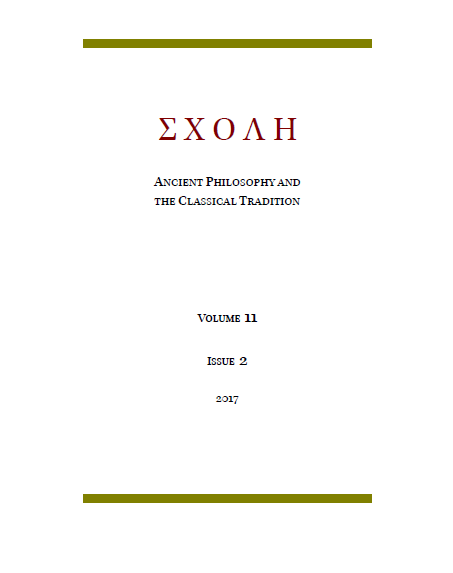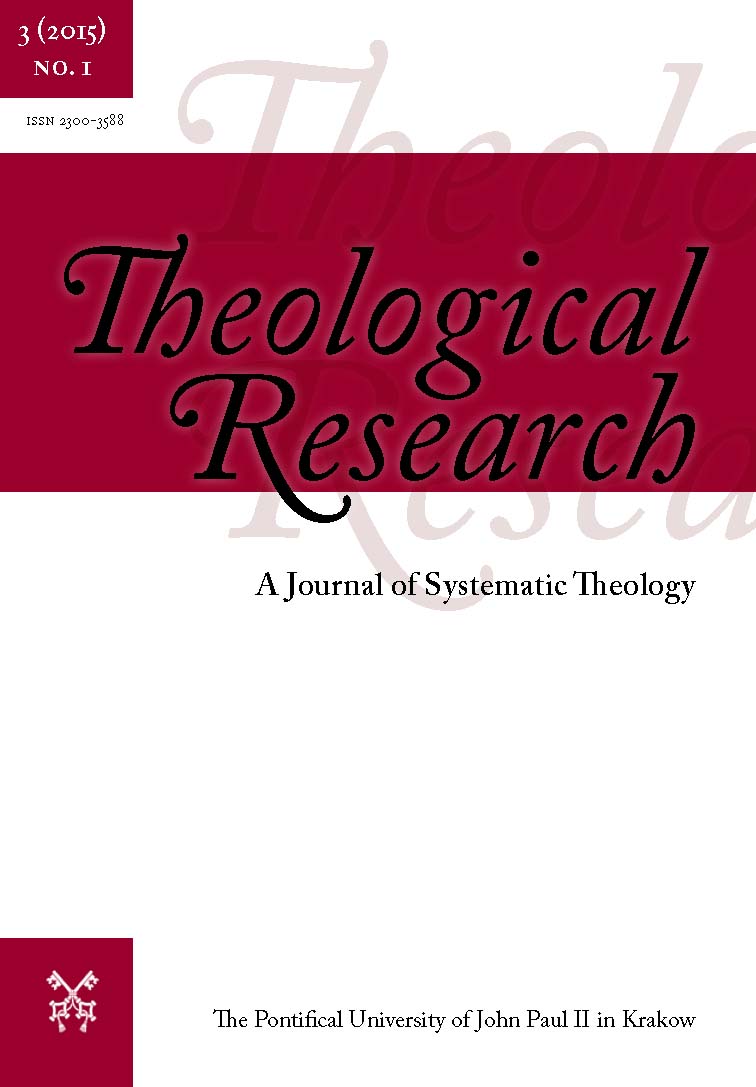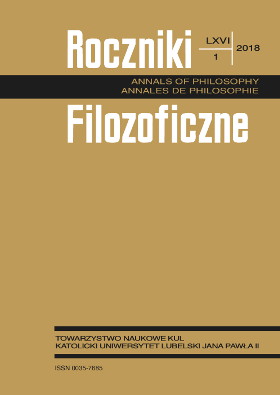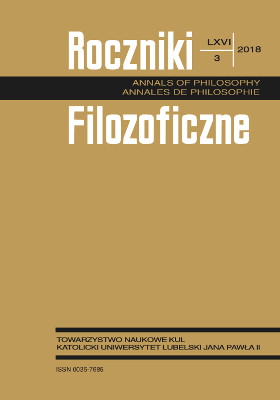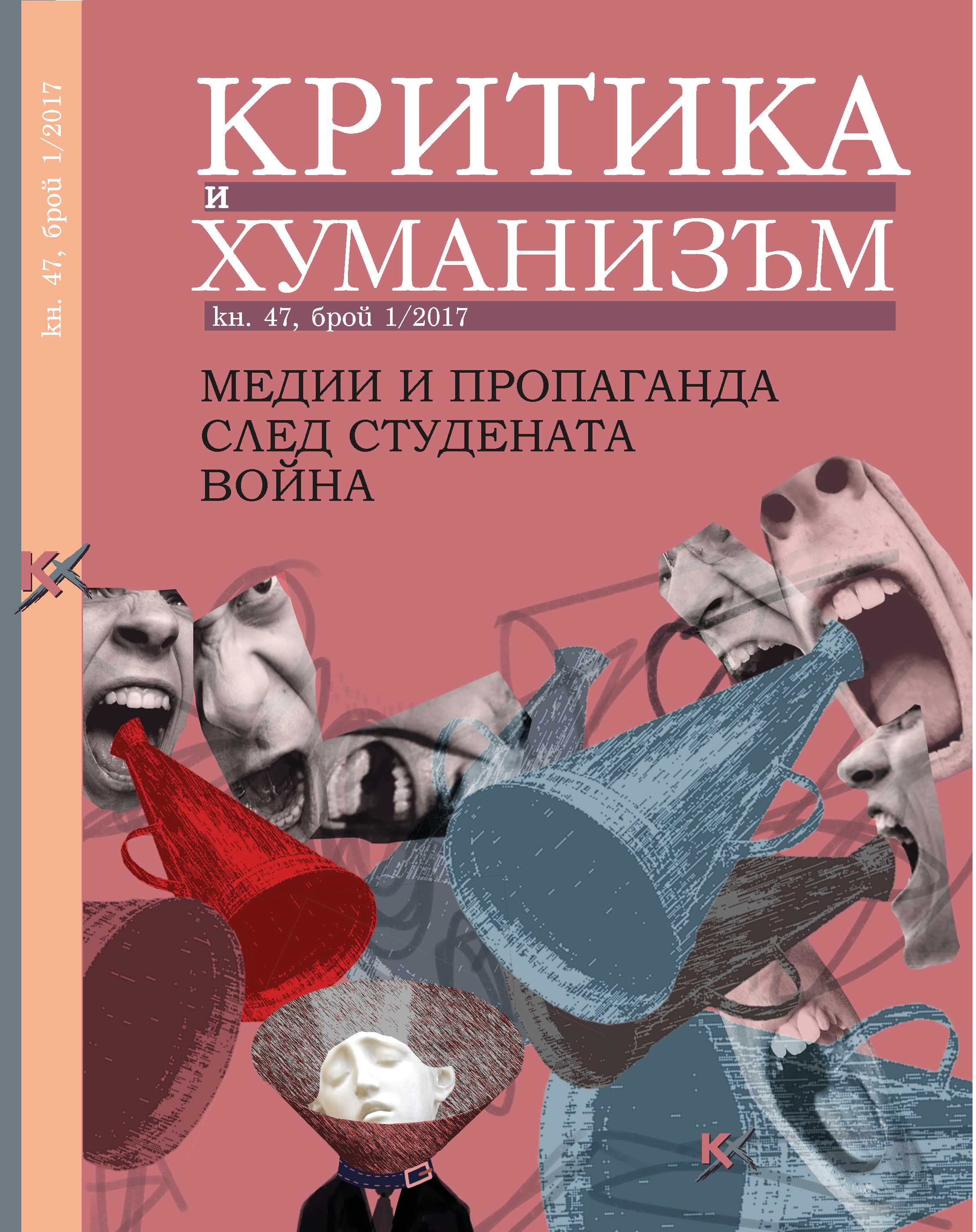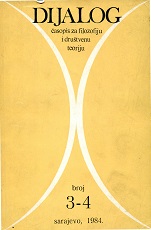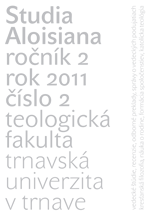
K teórii supozície Williama Ockhama
Ockham’s theory of supposition presents very interesting and innovative thesis in medieval logic with foundations and successors in contemporary logic/epistemology. In last decades it was object of many scientific researches and item of many academic papers. Interpretations of Ockham’s supposition has changed since three decades because of some new scientific findings and permanent discussions. This paper focus on relations between Ockham’s definition of supposition and its supposita. He distinguishes different kinds of suppositions in order to explain our language/thinking. Ockham tries to present an interesting hypothesis about relations between the world and speech, between the terms in pro- position and res.
More...
